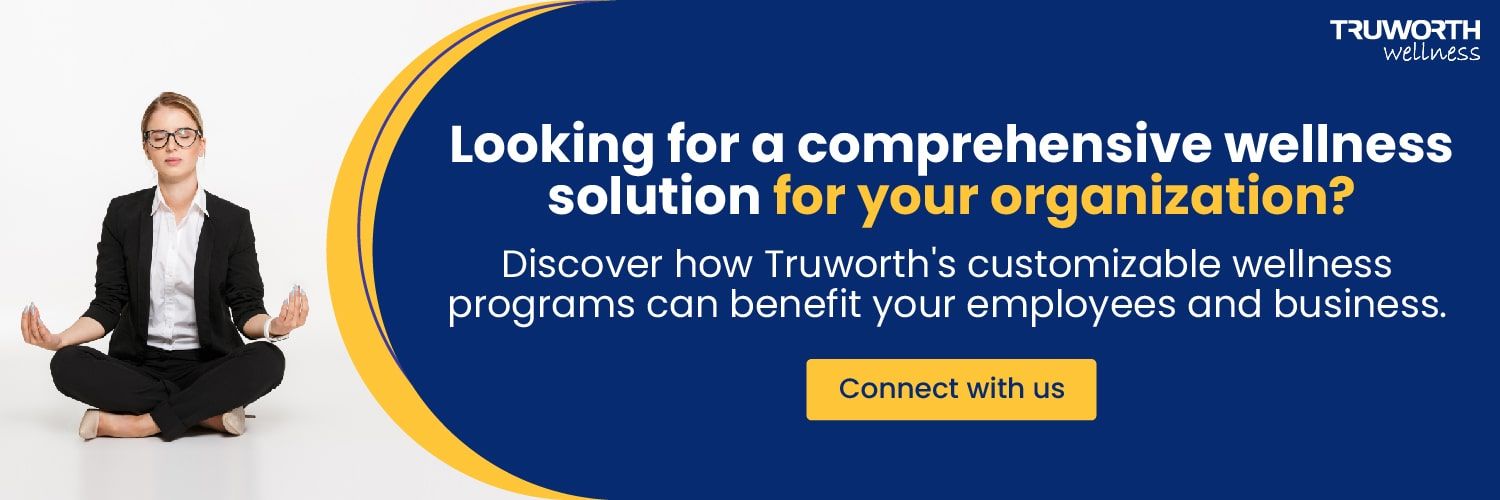Wellness In Ritual Goodbyes: Why End-Of-Day Routines Matter For Recovery?

Have you ever shut your laptop at the end of the day but still found your mind racing with unfinished tasks, unread emails, or tomorrow’s deadlines? Many of us carry work home without realizing it. Not through physical files or meetings, but in the form of mental baggage. That’s where end-of-day routines, or what we can call “ritual goodbyes,” come in.
These small but powerful rituals help you close the workday with intention, leaving space for recovery, rest, and balance. Just like morning routines set the tone for your day, evening rituals act as a gentle brake, helping your body and mind switch gears.
Why Ritual Goodbyes Matter?
Work recovery is not just about the hours you spend away from your desk. It is about how effectively you can disconnect from work-related stress and allow yourself to recharge. Without a clear boundary, your nervous system stays in a state of alert, and you may end up feeling restless, fatigued, or even resentful toward work.
Ritual goodbyes help signal closure. They remind you that work has ended, and personal time has begun. This mental separation boosts productivity the next day and prevents burnout over the long run.
Think of it as leaving your workplace mentally, even if you are working from home.
The Science Behind Recovery
Psychologists explain that recovery from work requires four key experiences:
- Psychological detachment: stepping away mentally from work.
- Relaxation: lowering stress levels and slowing down the body’s pace.
- Mastery: engaging in enjoyable activities that challenge you positively.
- Control: choosing how you spend your free time.
Ritual goodbyes create a bridge to all four. When you wrap up your day with intention, you send a clear signal to your brain that it is safe to relax, explore, and recharge.
Elements Of A Healthy End-Of-Day Ritual
The best part about ritual goodbyes is that they are personal. There is no single way to do them. However, there are a few common elements that make them effective:
1. Closure With Gratitude
Spend two minutes writing down what you achieved today, no matter how small. This creates a sense of closure and prevents your brain from spiraling into “I didn’t do enough.” Gratitude has been shown to reduce stress hormones and increase optimism.
2. The “Shutdown” List
Instead of carrying mental clutter, write tomorrow’s top three priorities on a sticky note or digital planner. This helps you leave work with a clear head, knowing you will pick things up where you left off.
3. Physical Transition
A small physical act can signal the end of the workday. It could be shutting down your computer, changing into comfortable clothes, going for a walk, or brewing a cup of tea. Repetition makes this ritual powerful.
4. Movement Or Stretching
Five minutes of gentle movement helps release physical tension from sitting and resets your nervous system. Stretching, yoga, or a short walk can do wonders.
5. Digital Boundaries
Log out of work emails, silence notifications, and create tech-free zones in the evening. This reduces the temptation to “just check one more thing.”
6. Reflect And Disconnect
Take a mindful pause. Reflect on how your day went and consciously let go of unfinished tasks. Breathing exercises or short meditations are excellent here.
Why It Works Better Than Just “Logging Off”?
Logging off is technical. A ritual goodbye is emotional. When you only log off, your brain doesn’t register completion. It keeps scanning for what might be missed. But when you actively engage in a routine, you create a story of closure. Humans thrive on rituals because they add meaning. They transform a simple action into a signal of safety and transition.
Common Mistakes People Make
Many professionals think recovery means doing nothing. But lying on the couch scrolling through your phone does not allow true mental recovery. Another mistake is trying to multitask between work and personal life, which creates blurred boundaries. A structured ritual avoids both extremes by helping you detach meaningfully.
Benefits Of Ritual Goodbyes
When you practice end-of-day routines consistently, you experience:
- Better quality of sleep because your brain is not preoccupied with pending work.
- Improved mental health with lower stress and anxiety.
- Increased productivity and focus the following day.
- Greater work-life balance, allowing you to enjoy personal time fully.
- Enhanced emotional resilience because you create daily pauses to recharge.

Simple Ideas To Get Started
- Play the same calming playlist every evening when you finish work.
- Keep a journal to write down highlights and lessons from the day.
- Practice a short gratitude ritual with family at dinner.
- End the day with a short walk outside, even if it is just 10 minutes.
- Create a “closing question” for yourself such as, “What did I learn today?”
Bringing Wellness Into Everyday Work Culture
Organizations can also encourage ritual goodbyes. Instead of glorifying late-night emails, companies can promote healthy sign-off practices. Leaders who model these behaviors show that it is okay to log off mentally as well as digitally. Encouraging team members to share their personal wind-down rituals can build a culture of balance.

Final Thought
Ritual goodbyes are not about being rigid. They are about creating a gentle pause between work and life. By designing your own end-of-day routine, you give yourself permission to rest, recharge, and show up stronger tomorrow. Wellness is not only about how you start your day but also how you end it.
If you want to explore more personalized ways to manage recovery and improve your well-being, Truworth Wellness programs can support you with expert-driven solutions. Whether it is creating healthier routines, managing stress, or building long-term resilience, our wellness offerings are designed to help employees thrive. Small steps, like closing your day with intention, can create lasting impact on your health and happiness.
